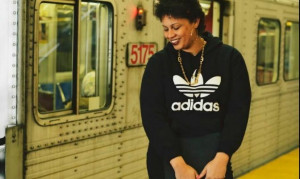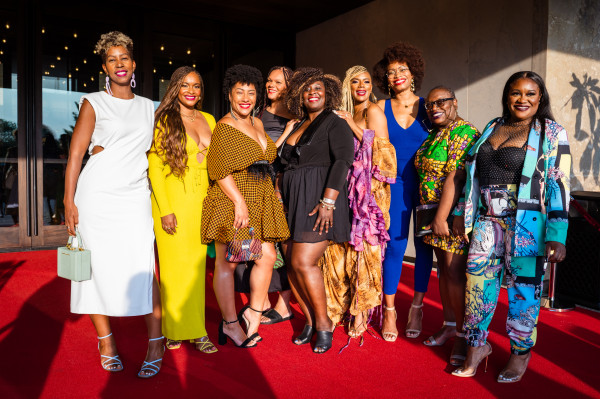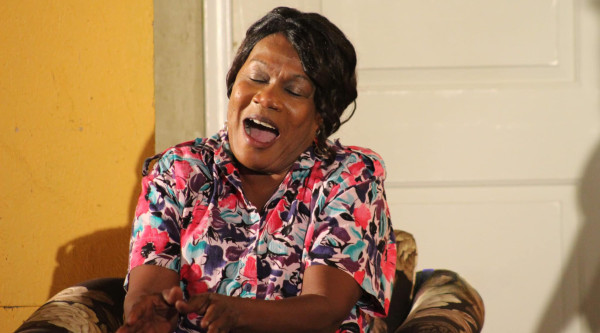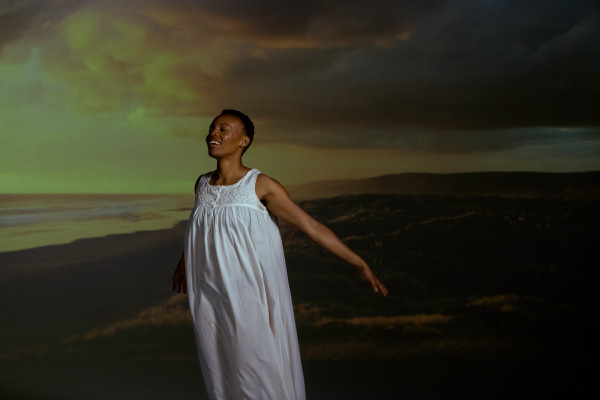At different stages in her life Lovely struggles with her understanding of herself as a Black woman and awakens to her sexual identity as mirrored through popular culture. Personal stories from Lovely's life interweave with the story of Sarah Baartman (The Venus Hottentot), the historical symbol of the commodification of Black women’s sexuality. From the 21st century twerk to the “faux-cul” of the 19th century, Lovely travels a musical landscape using movement, sound and dance, looking for self-love and emancipation on her journey.
“Times of great political upheaval and obscenity require us to challenge ourselves and engage with each other,” said star actress Ngozi Paul. “Emancipation is my attempt to engage – breaking free of the limiting narratives of the past, and the present, and writing a new one. Love, sex, oppression, laughter...somehow they always seem to go together.” We talked to Paul, who is also the playwright, about her thoughts on sex, and bringing it to the stage.
Who is Ms. Lovely?
Lovely is a first generation Canadian young woman with Caribbean parents and grandparents. We meet her at different stages of her life as a child, as a teen and a young woman. I would say that Lovely is made up of the many people that surround her.
How have historical representations of Black femininity and sexuality defined what a Black woman is?
Well I believe that historical representations can not define what a Black woman is however they often created labels and limitations. What a Black woman is to me is everything. The beginning of humanity. This is what we know. The vast majority of historical references have come through a patriarchal and colonialist lens and I believe the majority of those images and representations have been distorted and destructive. Sexuality has been used as a tool to dehumanize and control.
However, when I think of Black women telling their own stories we reclaim and reinvent what we have been told. I think of how my ancestors and elders told my story - Maya Angelou, Audre Lorde, Nina Simone, Toni Morrison and so many more who are and have represented themselves and me in a way that frees and inspires me.
What should men take from this play?
I hope that men will enjoy the play and feel as though they have an inside look into the thoughts and feelings of Lovely. That they will feel closer to women and themselves because of this story.
Why does Black sexuality look and feel so different?
As a Black woman, I will always see the world from the skin that I am in. In the play, we examine the common way that popular culture effects women, Black women in particular. I think in many ways people of color are "othered" and that is the central difference. The so-called standard of beauty is measured on a scale that isn't inclusive. So that feels different. That is why self knowledge and turning the gaze inward is so important to me.
You have until April 8th 2017 to catch the play.
Ngozi Paul is an award-winning actress, writer, director and producer. Born and raised in Toronto to pan-Africanist parents from the Caribbean islands, her upbringing created the foundation for her work as a social and cultural innovator. Her series Da Kink in My Hair, which she co-created, executive produced and starred in, was the first series in Canada with Black women playing lead roles both in front of and behind the camera. Currently, her docu-series Care for Color is airing on the Africa Channel. Paul was recently selected for the Crow’s Theatre documentary playwright unit, where she is developing her trans-media piece The First Time Project.
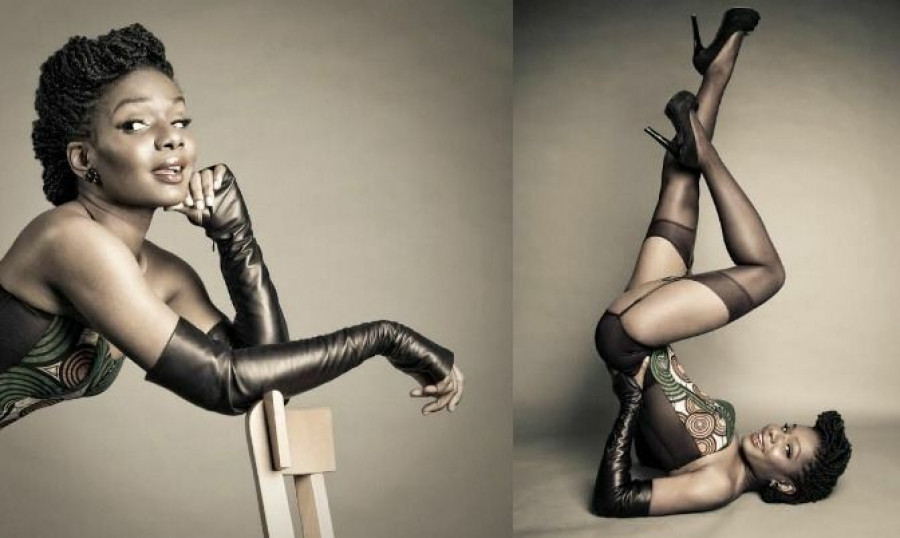
 By
By 




